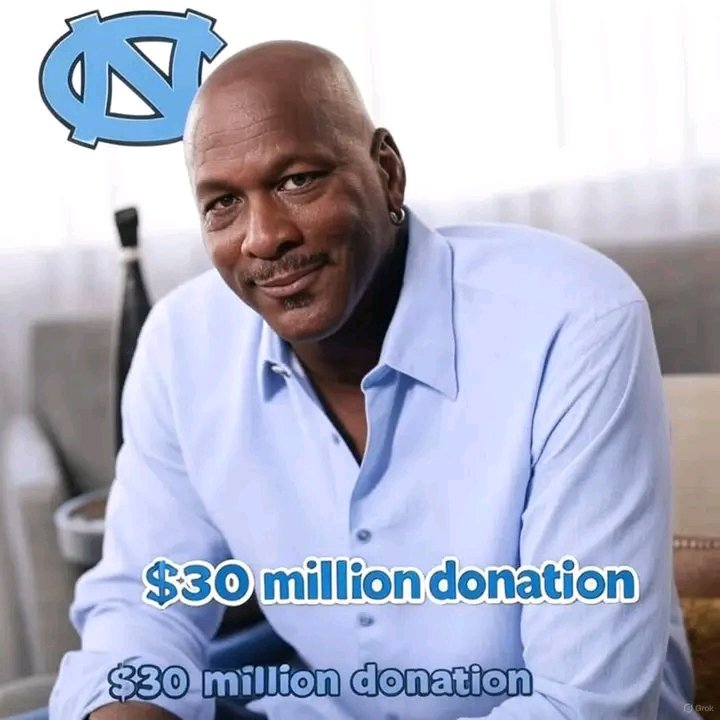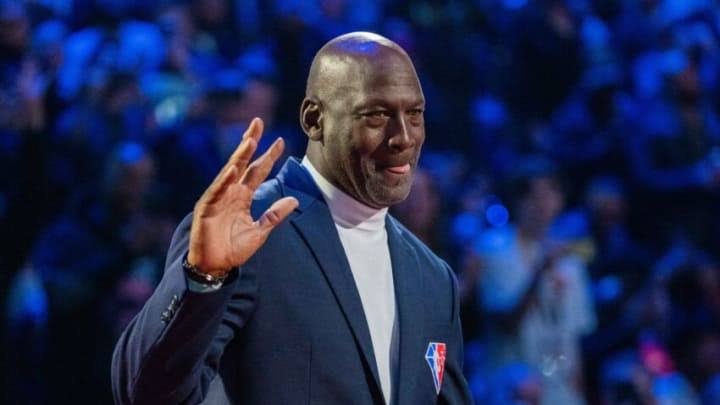Emotional Journey: The Crucial Conversations Leading to His Retirement
Retirement is often portrayed as the golden conclusion to decades of dedication—a well-earned chapter of rest and leisure. But for many, especially those whose identities are intricately tied to their careers, the journey toward retirement is not a simple transition. It’s a profound emotional evolution, shaped not just by years of work, but by conversations—some gentle, some jarring—that finally lead to the inevitable goodbye. This is the story of one such man—James Whitaker—and the critical moments that illuminated his path toward letting go.
Chapter One: The Seed of Doubt
James had always been proud of his work as a civil engineer. He built bridges—literal and metaphorical ones. His job wasn’t just a paycheck; it was his passion, his legacy. At 62, he was still the first to arrive at the office, still checking blueprints with a precision others admired.
It was during one of those early mornings when the first conversation happened. Karen, his longtime colleague and friend, lingered by his desk longer than usual.
“Ever think about what’s next?” she asked gently, flipping through a file.
James blinked. “Next?”
“Yeah, after all this. Retirement. Travel. Maybe a cabin somewhere?”
He chuckled, brushing her off. “I’ll think about it when the bridges start building themselves.”
But later that night, he found himself sitting on his porch, staring into the dark, wondering if perhaps the bridges didn’t need him as much anymore. That conversation, though casual, had planted the seed.
Chapter Two: The Family Forum
A few months later, during a Sunday family dinner, his daughter Emma brought up the topic with more purpose.
“Dad, when are you going to slow down?” she asked between bites of roast chicken. Her tone was curious, not accusatory.
“I don’t need to slow down. I’m in perfect health,” James replied, somewhat defensively.
His wife, Linda, placed her hand gently over his. “It’s not about your health, love. It’s about time. We want more of it with you. You’ve given so much to your work. Maybe it’s time to give a little more to yourself.”
The table fell into a respectful silence.
James looked around—at his grandchildren laughing with pudding on their faces, at his wife’s soft smile, and at his daughter’s hopeful eyes. He realized that while he’d been busy building a future for others, the future around him had grown and changed.
That night, he lay awake, wrestling with guilt and pride. Was stepping away a sign of surrender or of wisdom?
Chapter Three: The Unexpected Wake-Up Call
Sometimes, clarity comes from crisis.
James had been working late on a rainy Tuesday. He slipped on the slick floor of the office lobby and fractured his wrist. It wasn’t serious, but it was enough to force a mandatory leave.
The stillness of his recovery period was deafening. For the first time in decades, he had nowhere to be, no immediate problems to solve. The silence was both terrifying and enlightening.
During those weeks, he had long conversations with Linda—about their youth, their dreams, the life they imagined but postponed. He realized how many of her quiet sacrifices had gone unnoticed while he pursued the next project.
“I don’t regret supporting you,” she said one evening, knitting by his side. “But I miss us. I miss you.”
It wasn’t a confrontation. It was an invitation. James began to see retirement not as an end, but as a reunion—with himself, with his wife, and with time.
Chapter Four: The Office Crossroads
Returning to work with a sling and a slower pace, James began to notice things he had previously ignored. His protégés were thriving, taking initiative. Decisions were being made without him—and they were good decisions.
One afternoon, his boss, Mark—a man twenty years younger—asked for a private word.
“You’ve been the backbone of this company, James,” he began. “But have you thought about how you want to be remembered? Would you rather bow out at the top, or fade out gradually?”
It wasn’t said with malice; it was said with reverence.
James felt a sharp pang of ego, but it passed. Mark was right. There was something dignified in stepping down with grace, in knowing when the torch had truly passed.
That night, James drafted a letter of intent to retire at the end of the fiscal year. He didn’t send it. Not yet. But it sat on his desk—a reminder that the choice was becoming his, rather than something that would one day be taken from him.
Chapter Five: The Mentorship Moment
In the final stretch of his decision-making, James had one more pivotal conversation—with Nathan, a young engineer who reminded him of himself 40 years ago.
Nathan came to him frustrated over a failed project proposal. “I keep trying to get it right,” he confessed, “but it never feels good enough.”
James took him for coffee and shared stories of his early failures, the bridges that cracked, the permits that were denied, the nights he spent doubting himself.
“What matters isn’t perfection,” James said. “It’s persistence—and passing on what you’ve learned.”
Nathan’s eyes lit up. “That’s what I want to learn from you.”
James felt a shift in that moment. Perhaps his greatest contribution wasn’t the structures he’d built, but the people he’d inspired.
Chapter Six: The Final Decision
A month before his 63rd birthday, James and Linda took a weekend trip to the coast. As they walked along the shoreline, hands entwined like teenagers, he paused.
“I’m ready,” he said simply.
Linda smiled, eyes shining. “I know.”
He gave notice that Monday. The reactions were varied—shock, applause, tears—but overwhelmingly, he felt something new: peace.
Chapter Seven: The Goodbye Speech
On his last day, James stood before a room full of colleagues, friends, and family. He didn’t read from a paper. He spoke from the heart.
“I always thought retirement was about stopping. But I’ve come to see it’s about starting—starting over with the people I love, the passions I’ve shelved, and the peace I’ve long delayed. The bridges I built were never just steel and concrete. They were connections—between people, between generations. And I leave knowing that those connections will last.”
The room rose to a standing ovation. James cried. Not out of sadness, but relief.
Epilogue: A New Beginning
A year later, James sits on his porch, sketching a bridge—not for a client, but for a storybook he’s writing for his grandchildren. He spends mornings gardening, afternoons volunteering, and evenings playing chess with Linda.
The journey to retirement wasn’t easy. It wasn’t a single decision, but a tapestry of emotional conversations—each one chipping away at his fear and building something stronger: acceptance.
Retirement didn’t take James’ identity. It revealed it.
—
If you’d
like this turned into a speech, story script, or need a shorter or more personalized version, just let me know!






